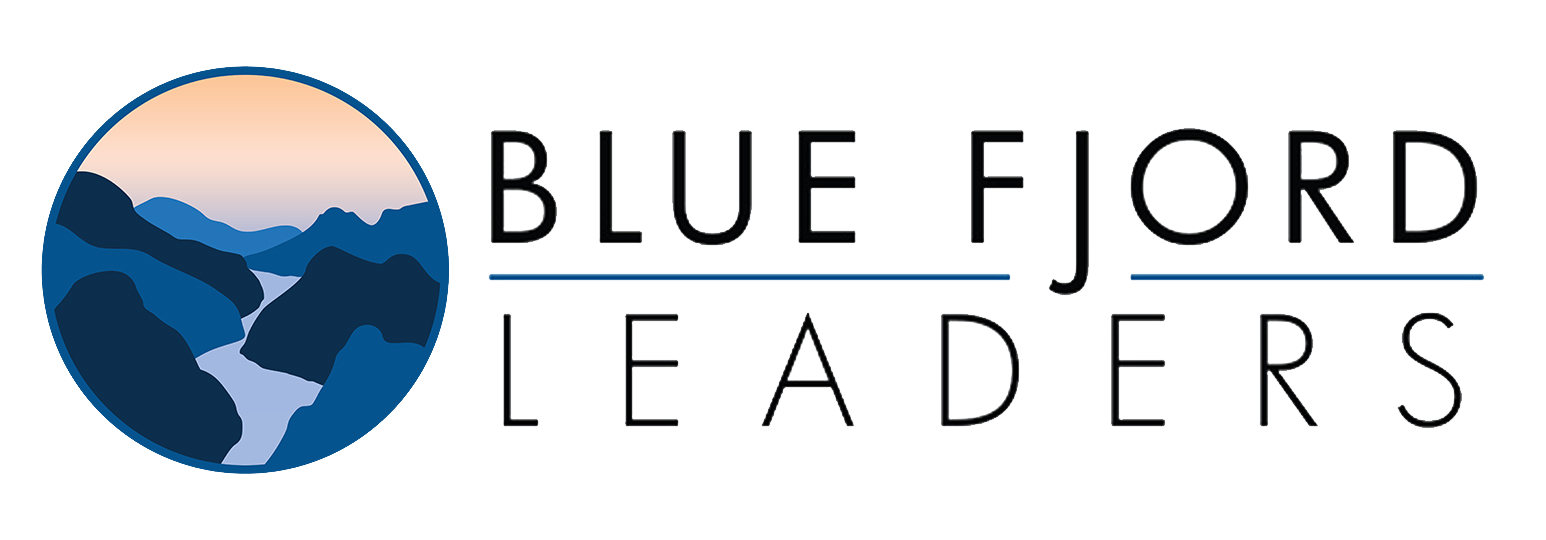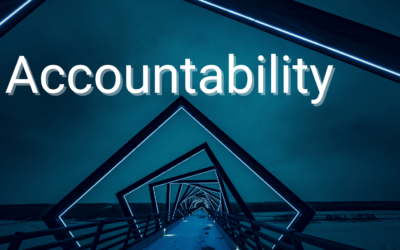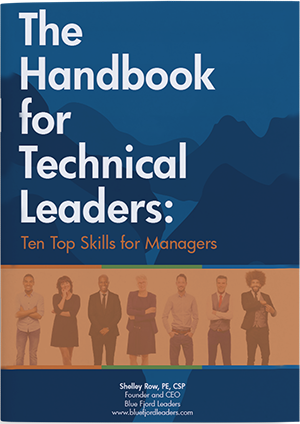One-and-two-and-three-and-four… My dad sat next to me counting out the beats as I practiced the clarinet. Night after night he taught and I learned. I was good but was never going to be the next Bennie Goodman. Nonetheless, I read and play music and appreciate the true virtuosos. My life is enriched by my knowledge.
Today my work is in helping others discover how to use both cognition and intuition in complex decision-making when data alone is not enough. I call it infotuition – the intersection of business pragmatics with gut feel. Frequently I hear, “You can’t teach an intuitive business sense. You have to be born with it.” Au-contraire. I firmly believe you can enhance your infotuitive skill because I’ve done it. To be clear, I’m not talking about gazing into a crystal ball or reading tarot cards. Infotuition is accessing the wisdom stored in both the cognitive and intuitive part of your brain for use in a business environment.
Decisions that swim in uncertainty and ambiguity can’t be made by using the cognitive part of your brain alone. You must tap into gut feel. It’s real and it’s valuable. Like learning music or another skill, you must want to learn. Here are five tips.
1. Value it. You must place value in infotuition. Of 75 leaders I interviewed, 74 of them attest to the value of their intuition or gut feel. They learned from trial and error that the nagging feeling provided wisdom that warranted their attention. Neuroscience shows that we store information in parts of our brain that communicate through feeling. Further, your gut has the same neurotransmitters found in the brain. But the gut and the intuitive brain do not access language. Nagging feelings are their communication tools.
2. Apply yourself. Let’s say that you’re the analytical type (like me). You cultivated, developed and value logical, rational thought. The logical part of your brain is skilled and it feels good to use it. Great. Hold on to that information and balance it with intuitive wisdom. It’s as though you go to the gym and only exercised your left arm. It’s strong but the right arm is neglected. You must commit to exercising both the left and right arms. It’s the same with your brain – which is a muscle. If you apply yourself you can develop the intuitive part of your brain and use it in a skilled way. Neuroscience tells us that we develop new behaviors and skills through intentional focus. It’s called self-directed neuroplasticity.
3. Start early. The brain is plastic particularly early in life. That’s why it’s easier to learn new skills – like music – early in life. Start early in your career to engage in diverse activities that build a storehouse of experiences in your brain. And I don’t mean just work activities. Your brain draws on lessons from all aspects of life. Put yourself is positions where you must make decisions. Look for opportunities that allow you to take some risk. Then consider both fact and feeling as you decide. Notice the nagging voice and give it a name. Naming the feeling makes it more tangible and allows you to work with it. With each decision you develop experience…and your brain.
4. Start now. Okay, so you’re not early in your career. You can still cultivate infotuitive skills because the brain retains some plasticity throughout your life. It’s not too late! Plant reminders to prompt you to think, “What am I feeling about this issue? What’s bugging me about the decision?” Pay attention to your answers. Those prompts will surface additional information to inform your decision.
5. Practice. Whether early or late in your career, practice cultivates your infotuitive sense – your gut feel. You don’t have to find the time because you are always practicing every minute of every day. Are you practicing behaviors that serve you? Do you practice noticing the nagging feeling? Practice plus intentional focus will teach your brain new tricks. In time, infotuition will become a habit. It’s takes effort and, to end at the beginning, you have to want it.
Sure, some people have a knack for sensing the intricacies of a complex situation. They intuitively sense how others will respond and how a scenario will play out. They are the virtuosos. Just because they are virtuosos doesn’t mean you can’t develop your own skill to a new level of competence. My musical ability will never rival Shakira’s, but I learned enough to enjoy playing, appreciate the great artists and enrich my life. You can do the same with infotuition.





0 Comments